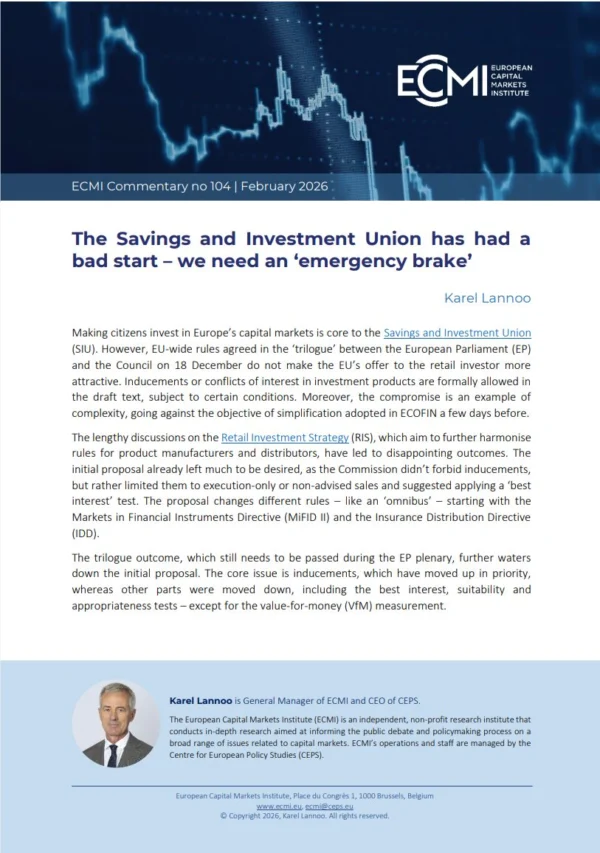This paper establishes that the banking sector in Russia is far less-developed than in the formerly socialist countries of Central Europe and that the underdevelopment of the financial sector is a drag on economic growth. It holds that the major cause of the financial crisis of 1998 was not losses on treasury-bill investments, as widely thought, but foreign exchange exposures, imprudent lending with limited risk diversification and bad management. The financial crisis, often regarded as not very damaging on account of the small size of the banking sector compared to GDP, caused substantial costs in terms of economic growth. An amazing feature of the crisis resolution was that the authorities abstained from substantially restructuring the banking sector. With regard to much-needed reforms, this paper proposes alternatives to privatising Russia’s dominating state bank, Sberbank. The introduction of two types of licenses for banks is also recommended, as opposed to closing an excessively large number of inefficient banks that have an important role in serving distant areas. The paper concludes that although some steps to make the financial system more robust have been taken, swift and substantial action is still needed.
0
More CEPS Publications
12 Published Publications
Related Publications
Browse through the list of related publications.












